Surge in charges and fines highlights importance of HMRC-compliant tax software for landlords
The number of landlords caught underpaying income tax increased 83% in the last year, suggesting that the tax authority is clamping down on professional letters.
HMRC reclaimed £33 million in unpaid landlord taxes in the last tax year, up 73% on the previous tax year. HMRC also issued £2 million in fines to landlords – an increase of 53%.
Some landlords may have intentionally evaded tax, but it’s more likely that a significant number have fallen foul due to poor bookkeeping practices.
This highlights the importance of using HMRC-compliant tax software, particularly ahead of the switch to Making Tax Digital for landlords.
Read: How to boost your small business with fintech solutions
Landlord taxation
In the UK, anyone that owns property that they use to generate rental income is required to pay income tax.
This is also referred to as landlord income tax, property income tax, or buy-to-let income tax, among other names. The tax is levied on the profit made by the landlord after accounting for various allowances and allowable expenses.
The type of property ownership can affect how someone is taxed. For example, if you own property through a limited company, the income generated from the property is subject to corporation tax rather than income tax.
Landlords are also required to pay capital gains tax when selling a property that has increased in value during their ownership. The tax rate for property is higher than other investments, charged at 18% for basic rate taxpayers and 28% for higher rate taxpayers.
Watch: Our video guides, simply explaining Self Assessments, hiring staff, VAT and more.
Making Tax Digital for landlords
HMRC’s Making Tax Digital initiative will bring significant changes to the tax system for landlords.
Making Tax Digital aims to digitise the UK tax system, making it faster and more efficient for taxpayers. Eventually, it will totally replace the Self Assessment tax return system for individual taxpayers.
From April 2026, landlords and self-employed business owners with a total business or property income above £50,000 per year will be affected. Those with an income of more than £30,000 will need to comply from April 2027.
Under Making Tax Digital, landlords will be required to use HMRC-compliant software to keep records of property income and expenses, and send quarterly updates to HMRC.
By leveraging cloud accounting software packages like Xero and FreeAgent, landlords can get ready for Making Tax Digital while also improving their bookkeeping practices to reduce the chance of HMRC penalties.
Xero and FreeAgent offer an array of features tailored to landlords. They provide capabilities for tracking rental income, managing property-related expenses, calculating tax liabilities, and producing essential financial reports.For more information about how landlords can use cloud accounting software, speak to a member of the team today. Call: 0808 281 0303.







